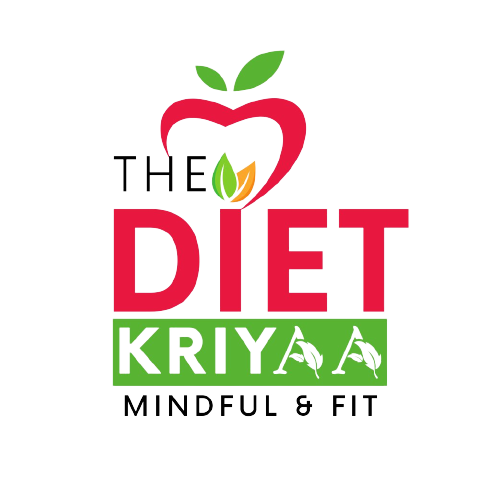Unmasking Nutrition Myths: Debunking Common Misconceptions with Science
- Canute Fernandes
- Sep 18, 2023
- 3 min read

Introduction: Separating Fact from Fiction in Nutrition
In the age of information, it's easy to be misled by popular nutrition myths. With so many sources offering advice on what to eat and what to avoid, how can we discern fact from fiction? Let's dive deep into some common misconceptions about nutrition and debunk them with scientific evidence.
Myth 1: Eating Healthy is Too Expensive
Many believe that a healthy diet is synonymous with an expensive one. However, studies have shown that with proper planning and smart shopping, nutritious meals can be affordable. Opting for seasonal produce, buying in bulk, and prioritizing whole foods over processed ones can make healthy eating budget-friendly.
Myth 2: Everyone Should Follow a Gluten-Free Diet
The gluten-free trend has gained popularity, leading many to believe it's a healthier choice for everyone. While essential for those with celiac disease, a gluten-free diet isn't necessarily healthier for the general population. In fact, some gluten-free products may contain more sugars and fats than their gluten-containing counterparts.
Myth 3: All Fat is Unhealthy
Fats have been demonized for years, but not all fats are created equal. While trans fats are harmful, monounsaturated and polyunsaturated fats, found in olive oil, nuts, and fish, offer numerous health benefits. These healthy fats can reduce the risk of heart disease and improve cholesterol levels.
Myth 4: Full-Fat Products Equal Weight Gain
The low-fat diet trend led many to believe that full-fat products cause weight gain. However, recent studies suggest that full-fat dairy might be linked to a reduced risk of obesity. It's essential to focus on overall calorie intake and the quality of fats consumed.
Myth 5: Avoid Carbs if You Want to Lose Weight
Carbohydrates have been labeled as weight gain culprits. While excessive consumption of refined carbs can lead to weight gain, complex carbohydrates like whole grains, fruits, and vegetables are vital for energy and overall health.
Myth 6: Detox Diets Cleanse Toxins from the Body
Detox diets promise to eliminate toxins and cleanse the body. However, our bodies are naturally equipped with detoxification systems. There's little scientific evidence supporting the efficacy of detox diets, and they might even be harmful in some cases.
Myth 7: You Shouldn't Eat Anything After 7 p.m.
The idea that eating late leads to weight gain is a common misconception. It's not the timing but the total caloric intake and expenditure that determine weight gain or loss. If you're consuming more calories than you burn, weight gain is likely, regardless of the time.
Myth 8: Certain Foods Can Burn Fat
While some foods can boost metabolism, no food directly burns fat. Foods like green tea and chili peppers might increase metabolic rate temporarily, but they won't melt away pounds on their own.
Myth 9: The Best Way to Decrease Sodium Intake is to Stop Using the Salt Shaker
While limiting added salt can reduce sodium intake, most dietary sodium comes from processed and restaurant foods. To truly cut back, focus on eating fresh, whole foods and reading nutrition labels.
Myth 10: Low-Fat or Fat-Free Products are Healthier Choices
Low-fat and fat-free products might seem like healthier options, but they often contain added sugars or artificial ingredients to compensate for flavor. It's essential to read labels and consider the overall nutritional profile.
Conclusion: The Importance of Evidence-Based Nutrition and Debunking Myths
In a world filled with nutrition advice, it's crucial to rely on scientific evidence. By debunking common myths, we can make informed dietary decisions and lead healthier lives.
FAQs (Frequently Asked Questions)
Do certain foods really burn fat?
No single food directly burns fat, but some can boost metabolism temporarily.
Is it true that full-fat products make you gain weight?
Weight gain is determined by total caloric intake, not just the consumption of full-fat products.
Are gluten-free diets healthier for everyone?
Gluten-free diets are essential for those with celiac disease but aren't necessarily healthier for the general population.
Is eating healthy expensive?
With smart shopping and planning, healthy eating can be affordable.

Comments